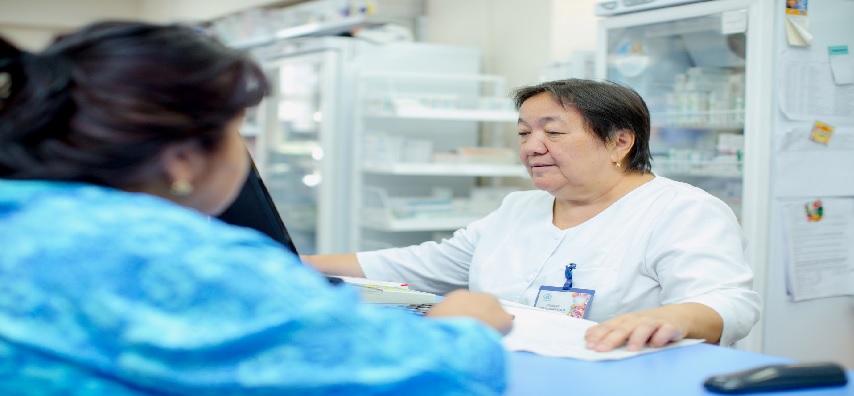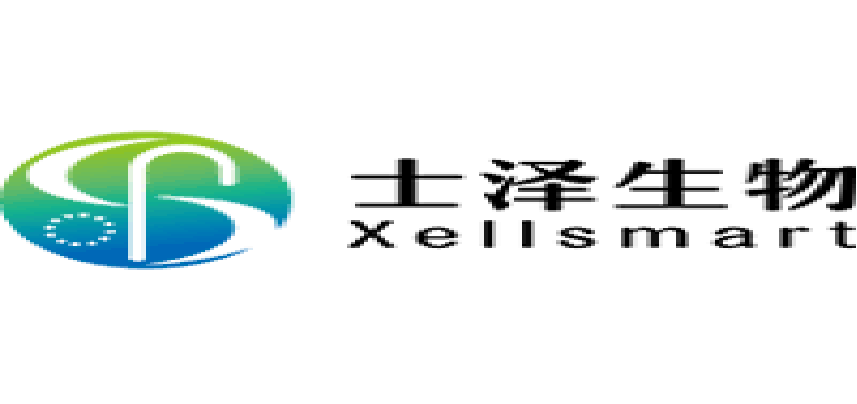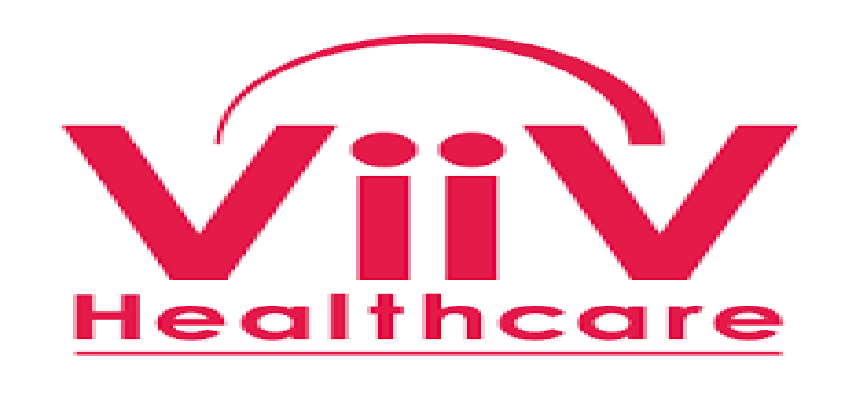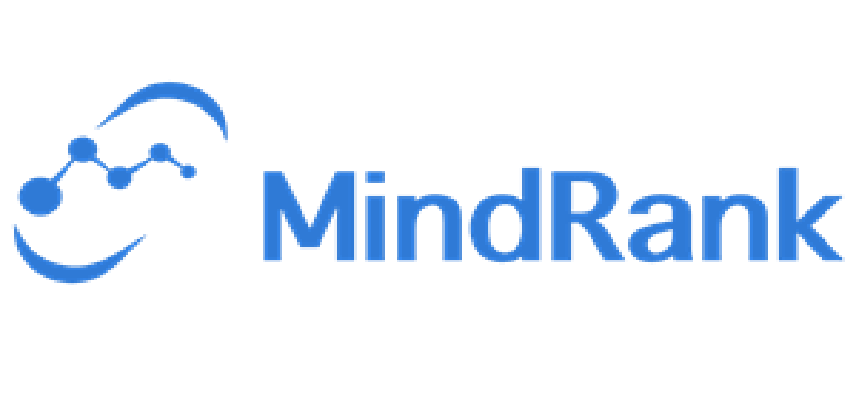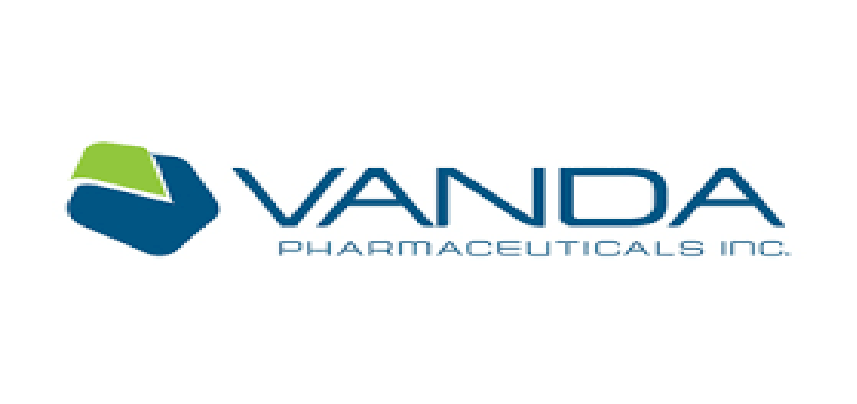WHO Issues Warning on Falsified Medicines for Diabetes and Weight Loss
World Health Organization issues warning on falsified medicines used for diabetes treatment and weight loss
Overview
The World Health Organization (WHO) issued a medical product alert on falsified semaglutides, the type of medicines that are used for treatment of type 2 diabetes and obesity in some countries.
Falsified Product of Semaglutide
- The alert addresses 3 falsified batches of product of semaglutide class of medicines (of specific brand Ozempic), which have been detected in Brazil in October 2023, the United Kingdom of Great Britain and Northern Ireland in October 2023, and the United States of America in December 2023.
- WHO Global Surveillance and Monitoring System (GSMS) has been observing increased reports on falsified semaglutide products in all geographical regions since 2022.
- This is the first official notice issued by WHO after confirmation of some of the reports.
From WHO
- “WHO advises healthcare professionals, regulatory authorities and the public be aware of these falsified batches of medicines,” said Dr Yukiko Nakatani, WHO Assistant Director-General for Essential Medicines and Health Products.
- “We call on stakeholders to stop any usage of suspicious medicines and report to relevant authorities”.
About Semaglutides
- The semaglutides, including the specific brand product that has been falsified, are prescribed to people with type 2 diabetes in order to lower their blood sugar levels.
- Semaglutides also reduce the risk of cardiovascular events.
- Most semaglutide products must be injected under the skin on a weekly basis but they are also available as tablets taken by mouth daily.
- These medicines are shown to suppress appetite in addition to lowering blood sugar levels, and therefore are being increasingly prescribed for weight loss in some countries.
Reports on Falsification
- WHO has been observing increased demand for these medicines as well as reports on falsification.
- These falsified products could have harmful effects to people’s health; if the products don’t have the necessary raw components, falsified medicines can lead to health complications resulting from unmanaged blood glucose levels or weight.
- In other cases, another undeclared active ingredient may be contained in the injection device, e.g. insulin, leading to an unpredictable range of health risks or complications.
Semaglutides & other Treatment Options
- Semaglutides are not part of WHO-recommended treatments for diabetes management due to their current high cost.
- The cost barrier makes these products unsuitable for a public health approach, which aims to ensure the widest possible access to medicines at the population level and to strike a balance between the best-established standard of care and what is feasible on a large scale in resource-limited settings. Also, there are more affordable treatments available for diabetes, with similar effects to those of semaglutides on blood sugar and cardiovascular risk.
Rapid Advice Guideline for GLP-1 RAs
- WHO is currently working on a rapid advice guideline on possible use of GLP-1 RAs, including semaglutides, for treatment of obesity in adults and as part of a more comprehensive model of care.
- The term GLP-1 RAs stands for glucagon-like peptide-1 receptor agonists, which include semaglutides, for a class of medicines used for diabetes treatment to lower blood sugar and support weight loss.
Protection from Falsified Medicines
To protect themselves from falsified medicines and their harmful effects, patients who are using these products can take actions such as buying medicines with prescriptions from licensed physicians and avoid buying medicines from unfamiliar or unverified sources, such as those that may be found online.
Precutions
- People should always check packaging and expiry dates of medicines when they buy them, and use the products as prescribed.
- In the case of injectable semaglutides, patients should ensure they are stored in the refrigerator.
- All notifications on falsified medicines can be sent to WHO via rapidalert@who.int.

Optimize Your trial insights with Clival Database.
Are you exhausted from the uncertainty of trial insights pricing? Clival Database ensures the clarity in the midst of the global scenario for clinical trials to you.Clival Database is one of the best databases that offers an outstanding number of clinical trial data in terms of 50,000+ molecules and from primary regulatory markets as well as new entrants like Indian and Chinese markets.
With Clival, you get accurate positioning of historical sales data, patent database, company profiling, safety & efficacy, and prediction of launch of new innovative molecules helping you to align your research and driving down the cost.
To add value, we further break down our analytics for you so that improving your operational effectiveness; optimizing your clinical trials; and offering you accurate and high-quality data at lowest possible prices becomes possible.
Elevate your trial success rate with the cutting-edge insights from Clival database.
Check it out today and make more informed sourcing decisions! Learn More!

